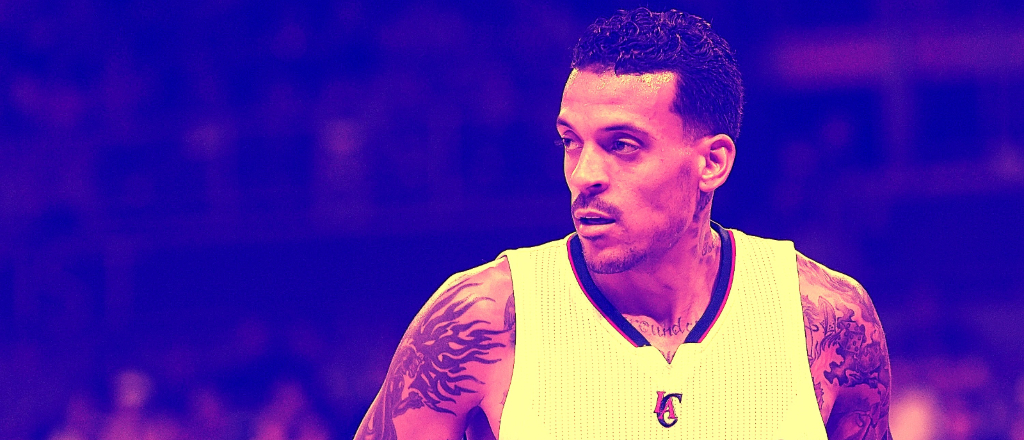The NBA is coming back next month, with training camps set to start on July 1 before 22 teams head to Orlando for the 8-game race to the playoffs starting on July 31.
With under a month before teams are back together in their facilities, there is plenty of excitement building for the league’s return, including among players, many of whom are making clear their desire to be back on the court after three months at home.
Ready to hoop😤😤😤😤😤
— kuz (@kylekuzma) June 8, 2020
However, this sentiment is not shared in totality around the league, as there are some that still have legitimate concerns about the unknowns regarding the COVID-19 pandemic, namely that we still do not understand the long-term effects of the disease — particularly on the lungs. There are also the ongoing protests nationwide in response to the police killings of George Floyd and Breonna Taylor in Minneapolis and Louisville, which has gripped the league as players have once again taken a leadership role in protests of police brutality and systemic racism.
A number of stars from around the league have participated in protests, like Damian Lillard, Stephen Curry, Giannis Antetokounmpo, Russell Westbrook, Jaylen Brown, and many more. According to Matt Barnes, who joined Josiah Johnson and LaJethro Jenkins on Yahoo’s Dunk Bait podcast, there are some players he is aware of — mostly on the L.A. teams where he’s most plugged in — that do not want to return right now so as not to distract from the movement.
“When athletes speak it’s heard. So I always prided myself to speak for the people on behalf of the people.”
On this episode of Dunk Bait we talk to @Matt_Barnes22 about next steps, discuss virtue signaling vs action, and Trae Young pulling up to get pandemic buckets. pic.twitter.com/b1JAiEiFQh
— Ball Don’t Lie (@Balldontlie) June 8, 2020
There have been some players that have voiced this opinion on Twitter, noting they don’t want to allow the NBA to be a distraction for people to escape a systemic issue that the Black community is unable to ever get away from.
https://twitter.com/wilsonchandler/status/1268250575570755594
While there’s absolutely validity to this point and it’s an understandable concern, it is incumbent upon the league to allow the players to take the lead on how they want to keep Floyd and Taylor and Ahmaud Arbery’s names at the forefront even when games return. The argument in favor of players taking the floor is that when games are happening is when the league has the greatest spotlight, and them continuing protesting police brutality and racial injustice and making the message clear on those national broadcasts (when people are clamoring for sports to be back) would give them a bigger platform than most any of them have off the court.
Still, that requires a partnership with the league to be willing to let players to use that platform and not be afraid of backlash, but given ESPN and TNT’s recent coverage of the protests and allowing their most prominent figures to have open discussions of racial injustice on air, one would think the broadcast partners would be more accommodating than maybe they would have been in the recent past.
As the league comes back, there is little doubt players will still have plenty they want to say on police brutality and racism, and if there are some with concerns about the return becoming a distraction from the movement, it’s the league’s responsibility to help ensure they can present their message how they see fit when the lights are brightest.







